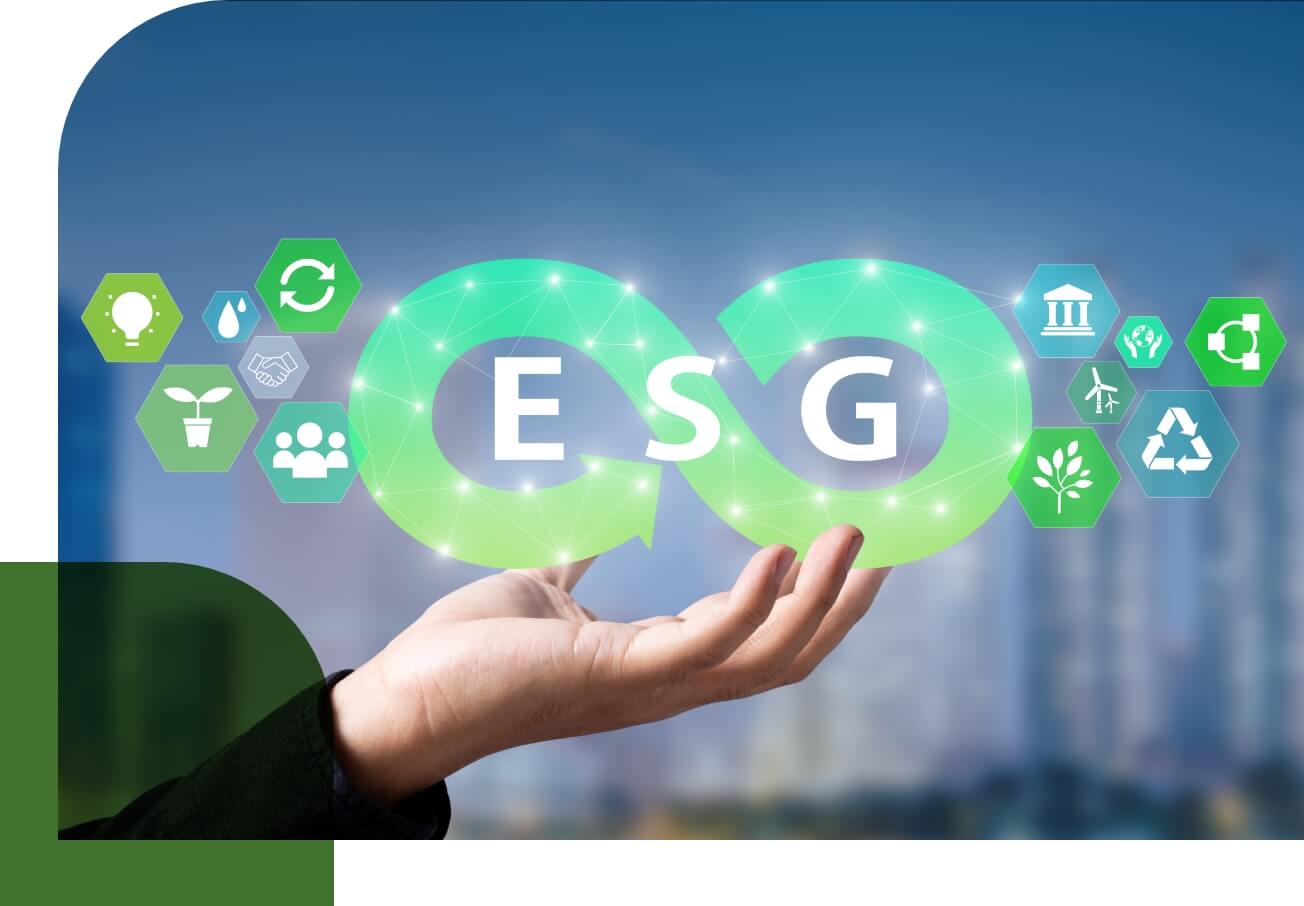The long-awaited UK Sustainability Disclosure Requirements (UK SDR) are coming into force, as the UK Government announced an update setting out the next steps of the SDR on May 16th 2024. The SDR is a UK-specific regulation largely influenced by the European Union’s SFDR, first set out in the document Greening Finance: A Roadmap to Sustainable Investing (2021).
The 2023 Green Finance Strategy contained a commitment to provide an SDR implementation update to reflect the rapid development of international standards, and now the government has finally announced this.
But what exactly is the UK SDR, and what does this mean for organisations operating in the UK?
What is the UK SDR?
From the new UK Financial Conduct Authority (FCA), the UK SDR introduces sustainability-related product labels, consumer-facing disclosures, pre-contractual and ongoing fund disclosures, fund manager disclosures, anti-greenwashing rules and additional rules regarding sustainable investing for the UK.
It builds on both the Task Force on Climate‑related Financial Disclosures (TCFD), and the FCA’s “Dear Chair Letter” from July 2021 that addressed greenwashing concerns and the exaggeration of sustainable and ESG data.
The UK SDR is currently only applicable to UK-based funds, but guidance on overseas funds is expected later in 2024.
Drawing from the best practices worldwide, SDR serves as a framework to simplify the exchange of reliable, valuable information among companies, customers, investors, and financial markets. The UK’s implementation of it emphasises the importance of international compatibility with ESG regulations, with the global nature of financial markets.
What are the key parts of the UK SDR?
The UK SDR introduces several key aspects related to ESG and sustainable investing with its implementation. These include:
Sustainability Labels
The UK SDR plans to introduce four sustainability investment labels to help consumers navigate the investment product landscape and to enhance consumer trust. The four labels are:
- Sustainability focus
- Sustainability improvers
- Sustainability impact
- Sustainability mixed goals
In order to qualify for each different label, fund managers must reach a certain criteria that differs for each one.
For sustainability focus, an organisation must invest in assets that are environmentally and/or socially sustainable, determined by an evidence-based standard of sustainability.
For sustainability improvers, organisations must have evidence on investments in assets that have the potential to improve their environmental and/or social sustainability over time.
For sustainability impact, organisations must demonstrate a preconceived, positive and assessable impact that relates to environmental or social impacts.
For sustainability mixed goals, organisations must demonstrate that they have invested in at least two of the previous three sustainability objectives.
Disclosures
The UK SDR is also introducing detailed rules on specific product-level disclosures, i.e. consumer facing, pre-contractual and ongoing, and fund manager disclosures.
The consumer-facing disclosures are designed to give consumers more accessible information, in order for them to be able to understand and compare the key sustainability features of a fund.
The ongoing and pre-contractual disclosures are aimed towards retail investors who might want more information than just the consumer-facing disclosures.
The fund manager disclosures require all UK fund managers with assets under management (AUM) above £5 billion to produce entity-level disclosures annually on how they are managing potential sustainability risks.
Anti-Greenwashing Rules
The greenwashing rules of the UK SDR aim to ensure that sustainability claims are clear, fair and not misleading.
This will require FCA-authorised firms to ensure that all sustainability-related claims made are consistent with the actual sustainability profile of their financial products or services.
Naming and Marketing Rules
Rules will be introduced to restrict the use of certain sustainability-related terms in product names and marketing materials. These rules are being implemented after the FCA’s concern about the risk that funds which do not qualify for a label will continue to name or market themselves as sustainable.
The relevant terms are ‘ESG’ or ‘environmental, social and governance’; ‘environment’, ‘environmental’, or ‘environmentally’; ‘social’ or ‘socially’; ‘climate’; ‘sustainable’ or ‘sustainability’; ‘green’; ‘transition’; ‘net zero’; ‘impact’; ‘responsible’; ‘sustainable development goals’ or ‘SDG(s)’; and any other term which many imply sustainability characteristics.
Who does the UK SDR apply to?
The FCA’s policy statement indicates that those affected by the UK SDR include:
- UK firms that manage investment funds.
- UK firms that provide investment products to UK-based retail investors.
- FCA-authorised firms, based in the UK, that make sustainability claims in their marketing about their products and services.
When will SDR come into force?
The UK SDR is being implemented in a staggered manner throughout 2024. From May 31st 2024, the anti-greenwashing rules and guidance will take effect. From July 31st 2024, firms can start to apply the sustainability labels alongside the disclosures. From 2nd December 2024, the naming and marketing rules will come into effect.
This phased application should help regulators and companies alike in adjusting and adapting to the changes the UK SDR will bring.
Why is the UK SDR Important?
For many organisations the regulations and disclosures outlined by the UK SDR are mandatory, so compliance with the framework is incredibly important.
However, the introduction of the UK SDR also represents a growing demand for ESG-focused funds. Now more than ever, people want both positive returns and positive impact. The UK SDR is intended to increase transparency around investment products, a benefit for investors and consumers alike.
Some are sceptical of the long-term effectiveness of the UK SDR, feeling that its high barriers of entry under the four sustainable labels might make it harder to adopt. But for many, the high standards demonstrate a long-term commitment to sustainable changes and are useful in highlighting the few products that achieve those ESG goals.
We don’t want to change our sustainable practices just for the present, we want to ensure they can be continued on into the future. The UK SDR will be a crucial introduction into the ESG landscape, with its aims to promote transparency and combat greenwashing.
How Convene Can Help
Here at Convene we have developed our own ESG reporting tool: Convene ESG.
Our aim is to alleviate some of the challenges of ESG data gathering, performance tracking, and reporting for ESG factors so organisations can move towards global sustainability.
Designed in collaboration with our clients, Convene makes sustainability reporting simple, so you can focus on developing your ESG practices.
Convene ESG can help you report on a range of existing standards including the TCFD, GRI, SRS, amongst a range of others.
It also has a built-in comparison feature, which allows you to compare against competitors’ formatting of their publicly accessible reports. This will help your organisation develop the best results possible.
It’s important to understand the ESG landscape and its regulations, even before these regulations are mandatory, so you can be prepared to face ESG disclosures head on. It helps not only your organisation, but the planet, to focus on how you can improve ESG practices.
You can learn more about Convene ESG, and how we can help your organisation achieve your ESG goals, here.



